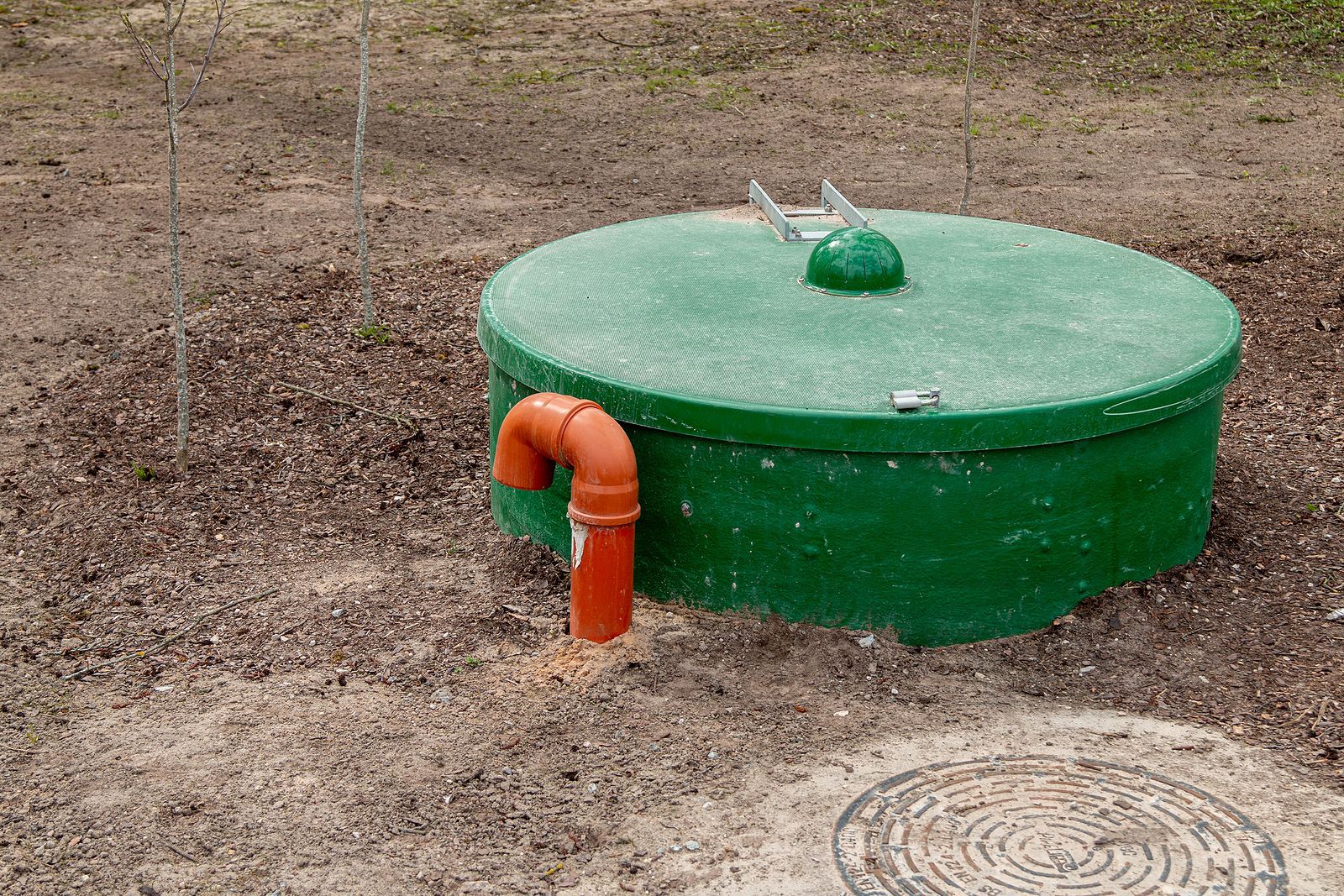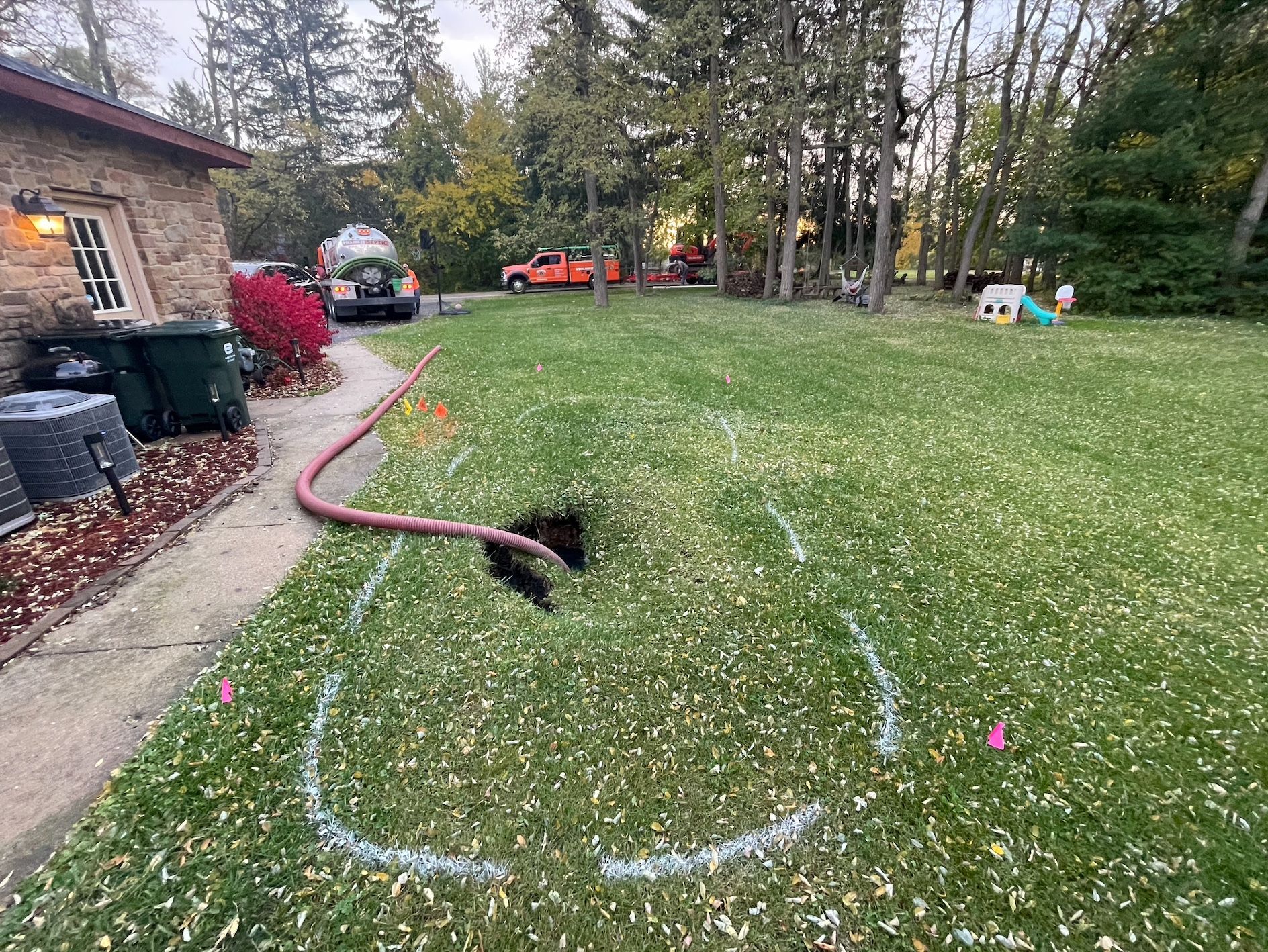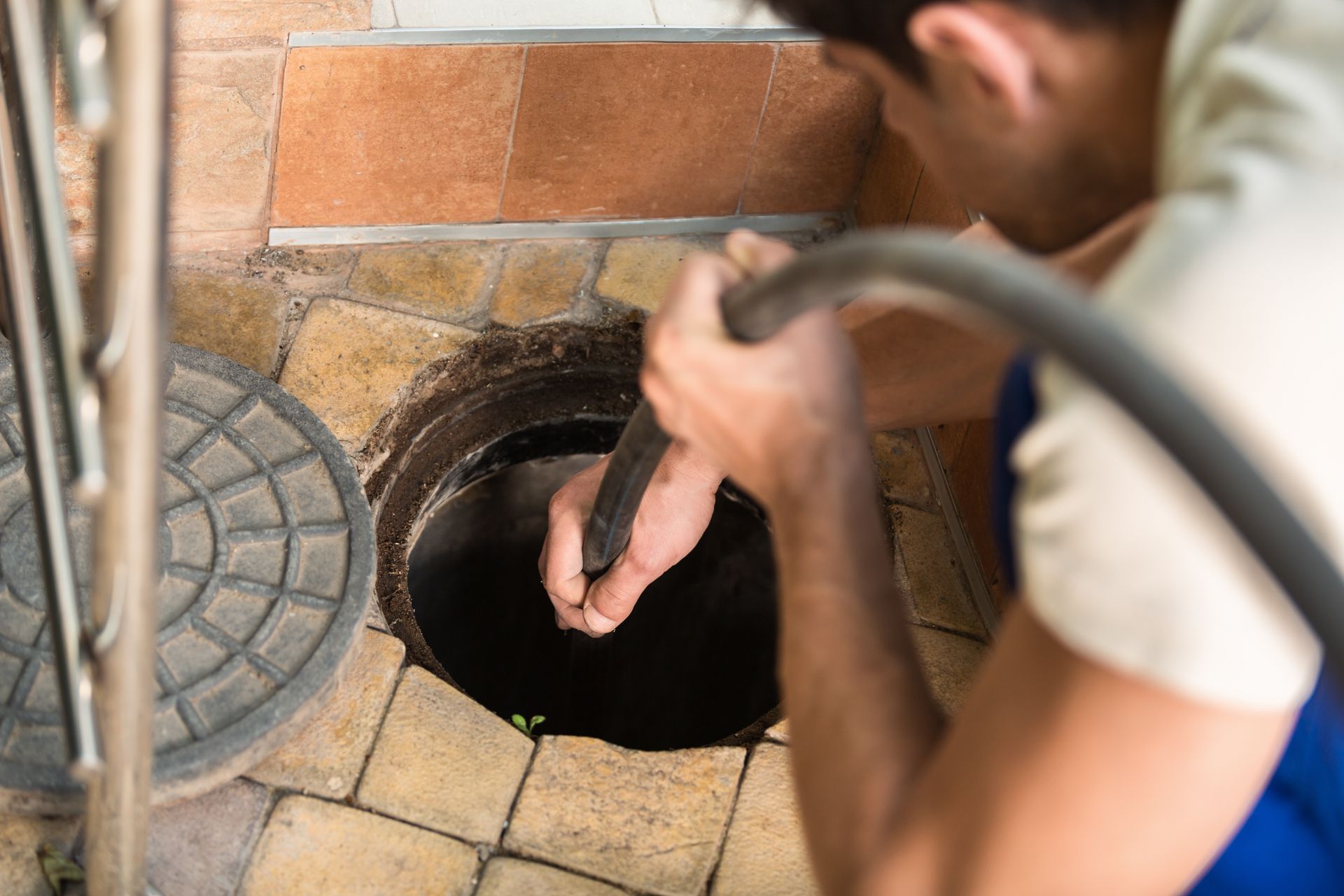When buying or selling a property with a septic system, a thorough inspection is essential to ensure the system is functioning properly and complies with local regulations. Real estate septic system inspections provide valuable insights into the condition of the system, helping buyers and sellers make informed decisions. In this blog post, we'll discuss everything you need to know about real estate septic system inspections, including their importance, what they entail, and how to prepare for them.
- Importance of Septic System Inspections in Real Estate Transactions:
- Real estate septic system inspections are crucial for both buyers and sellers. For buyers, it provides peace of mind knowing the condition of the septic system before purchasing the property. For sellers, it can help identify any issues that may need to be addressed before listing the property for sale.
- When Should You Get a Septic System Inspection?
- If you're buying or selling a property with a septic system, it's advisable to schedule a septic system inspection as part of the real estate transaction process. Inspections should ideally be conducted before finalizing the sale to avoid any surprises later on.
- What Does a Real Estate Septic System Inspection Entail?
- A real estate septic system inspection typically involves a thorough evaluation of the entire septic system, including the tank, distribution lines, drain field, and any other components. The inspector will assess the system's condition, functionality, and compliance with local regulations.
- Common Inspection Procedures and Tests:
- During the inspection, the inspector may perform various tests and procedures to evaluate the septic system's performance. This may include visual inspections, dye tests, water flow tests, and soil percolation tests to assess drainage capabilities.
- Documentation and Reporting:
- After completing the inspection, the inspector will provide a detailed report outlining their findings, including any issues or recommendations for repairs or maintenance. This report is essential for both buyers and sellers to understand the condition of the septic system.
- Addressing Inspection Findings:
- Depending on the inspection findings, buyers and sellers may need to take appropriate actions. Sellers may need to address any identified issues or provide documentation of recent maintenance or repairs. Buyers may negotiate repairs or adjustments to the sale price based on the inspection report.
- Preparing for a Septic System Inspection:
- To ensure a smooth inspection process, both buyers and sellers should take certain steps to prepare the property and septic system. This may include locating and providing access to the septic tank and drain field, addressing any known issues, and keeping records of maintenance and repairs.
- Hiring a Qualified Septic System Inspector:
- It's essential to hire a qualified and experienced septic system inspector to conduct the real estate inspection. Look for inspectors who are licensed, knowledgeable about local regulations, and have a track record of thorough and accurate inspections.
- Understanding Local Regulations and Requirements:
- Real estate septic system inspections must comply with local regulations and requirements. Familiarize yourself with these regulations and ensure the inspection is conducted by a qualified inspector who understands and adheres to local guidelines.
Real estate septic system inspections are a crucial step in buying or selling a property with a septic system. By understanding the importance of inspections, knowing what to expect, and preparing accordingly, buyers and sellers can ensure a smooth and informed transaction process. Don't overlook the significance of septic system inspections in your real estate endeavors – they can save you time, money, and headaches in the long run.




